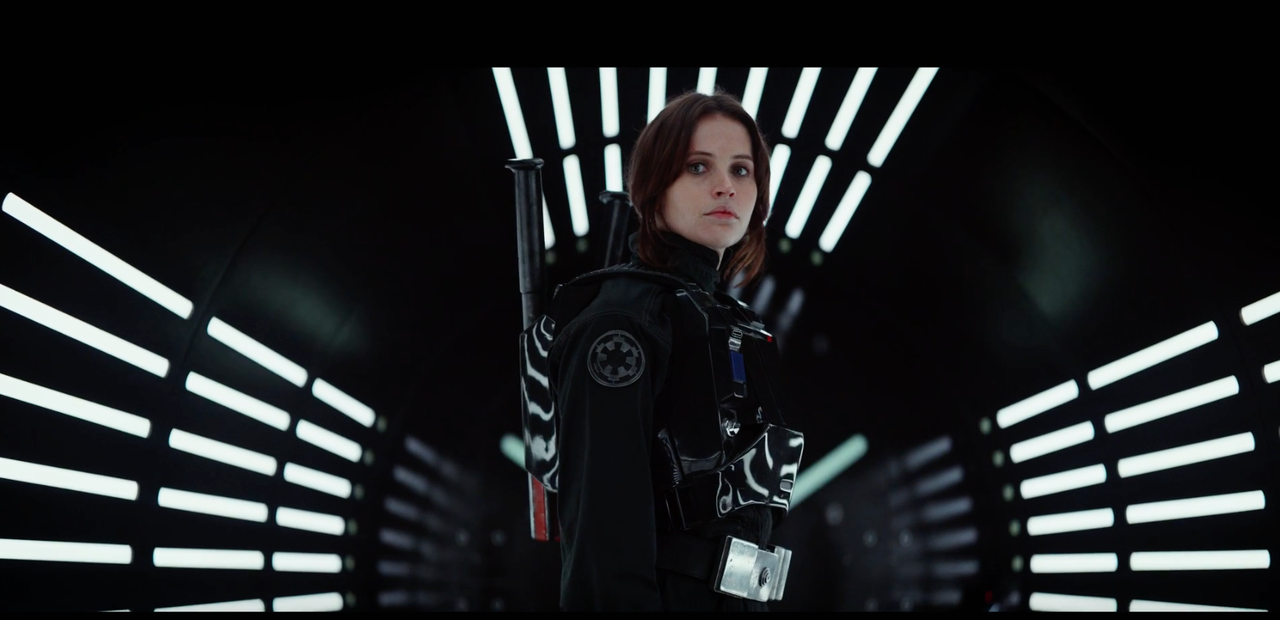If you suffer from the condition known as Superhero Fatigue Syndrome, as I often do, you might be hesitant to see the latest Marvel movie, Black Panther. There’s no reason to be hesitant. In fact, Black Panther works as an antidote to the feeling that you’ve grown tired of just about anything based on a comic book or that is incorporated into Marvel’s sprawling, at times unwieldy, Cinematic Universe. Black Panther might just be the best Marvel movie yet.
Viewing entries tagged
Forest Whitaker
The opening crawl is missing. The opening crawl is missing! Those famous paragraphs that follow “A long time ago in a galaxy far, far away…” in every Star Wars movie – one of the most iconic things about the series – are absent in Rogue One. I don’t know if that set off shrieks of rage around the internet. I purposefully avoid that sort of thing, but it’s not hard to imagine the internet outrage machine losing their collective minds about this when the mere mention that the next James Bond might be portrayed by a black man nearly broke the internet forever.
Director Gareth Edwards took the opportunity of ditching this de rigueur element as a way to set his entry in the Star Wars franchise apart, while also including a sly nod to it, if you’re paying attention. The opening action is set on a planet like Saturn, complimented with a series of rings. Edwards’ camera drifts in space, looking at the planet, and tilting up to reveal the majestic rings above. In an ingenious touch, the special effects department gave a funny quality to those rings. In a way, they look just like blurry, upside down, and backwards text. We, and the film, Edwards is intimating, are just underneath the events of the official “Episodes” that make up the main story arc of the Star Wars universe. This movie doesn’t have an Episode number, after all. Its full title is Rogue One: A Star Wars Story.
Arrival is one of those movies that depends almost completely on a twist surprise that comes in the last half hour or so. That makes writing about it without ruining the experience for anyone who hasn’t seen it particularly difficult. There are plenty of really great movies that are structured this way – Fight Club and The Sixth Sense are two that spring instantly to mind. There are also movies that are weakened by depending too heavily on that one surprise to hold up the entire film – The Village and The Forgotten are good examples. It’s too dismissive to write that Arrival is somewhere in between. If it is, it’s on the high side of that middle area, more intriguing than not. That engagement mostly comes from the beautiful and strange atmosphere director Denis Villeneuve creates for Arrival. His visuals are complemented exquisitely by composer Jóhann Jóhannsson’s dark, moody score.



